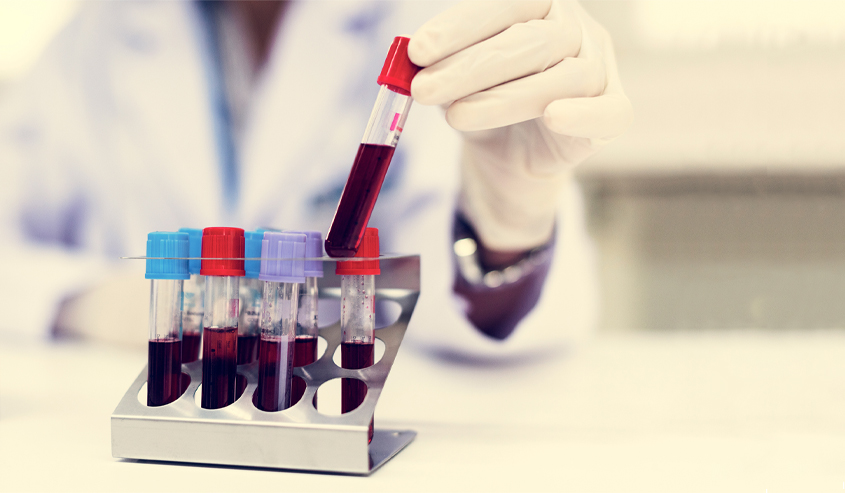
During September, we bring awareness to blood cancer, what it is and how it can be detected and combatted.
How Prevalent is Blood Cancer?
Today, we know that blood cancers account for nearly 10% of all new cancer cases in the United States. More than 1.2 million people are either living with or are in remission from blood cancers today.
Types of Blood Cancer
There are three types of blood cancers:
- Leukemia is a cancer that begins in the blood and bone marrow. There are multiple classifications and types of leukemia.
- Lymphoma is further broken down in Hodgkin and non-Hodgkin lymphomas. Both develop in the lymphatic system from lymphocyte cells that fight infection. While non-Hodgkin lymphoma may arise in any of the lymph nodes in the body, Hodgkin lymphoma will usually begin in the upper body.
- Multiple myeloma is a cancer that begins in the plasma cells of the blood, typically found in bone marrow.
What Causes Blood Cancer?
Like most other cancers, it is unknown what causes blood cancers, but there seems to be a consensus that they may be caused by a combination of genetic and environmental factors.
Are There Tests For Early Detection?
Although there are no real screening tests for early detection and prevention of blood cancers, symptoms should be taken seriously to lead to early diagnosis. These will vary by the particular disease but will usually include:
- Fever
- Chills
- Fatigue
- Weakness
- Bone and joint pain
- Weight loss
- Swelling of lymph nodes, liver and spleen
- Anemia
How is Blood Cancer Diagnosed?
Diagnosing blood cancers will depend on the type of cancer that is suspected.
- A physician will call for a CBC to look for abnormal levels of white blood cells in the case of leukemia.
- A physician will require a biopsy for suspected lymphoma. The doctor may also order a CT scan, a PET scan or an X-ray to look for swollen lymph nodes.
- Myeloma will require a CBC or other blood tests or urine tests looking for chemicals or proteins that are produced during the development of myeloma. Sometimes, the doctor will call for an X-ray, MRI, PET, CT scan or even a bone marrow autopsy.
Most important with blood cancers, as with any other disease, is early diagnosis and treatment. The sooner a diagnosis can be made and treatment can be started, the better the prognosis for the patient.
There is still hope, with much research and development of treatments that have led to improved outcomes for patients suffering from blood cancers. The National Institutes of Health has reported that 63% of people diagnosed with leukemia are now able to live at least another five years or longer. That statistic is even higher for non-Hodgkin lymphoma and 85% for Hodgkin lymphoma.
Compassionate Patient Care
As part of our commitment to offering the most advanced technology and high quality patient care, the team of professionals at Vital Imaging is here to support you. We would be happy to answer any questions regarding a diagnostic imaging test your doctor has ordered for you. Call us at (305) 596-9992.
